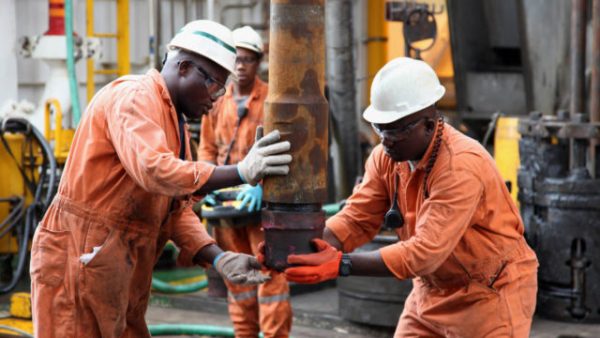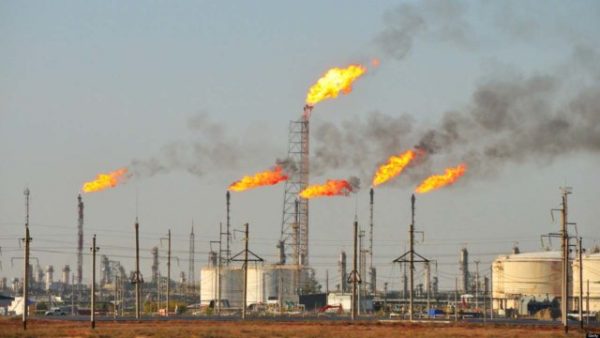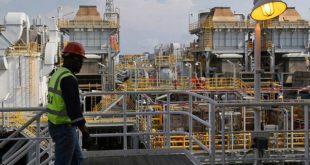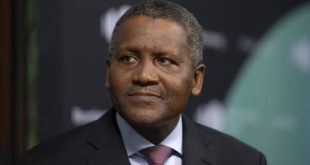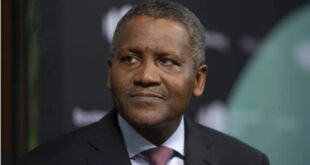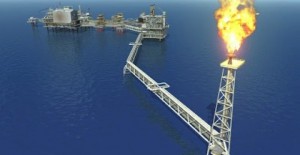
Russia’s recent $400 billion gas deal with China highlights how gas is increasingly becoming a tool for countries wishing to be geopolitical heavyweights.
Analysts say that Nigeria is currently punching below its weight as a major gas power in Africa, as its huge gas resources continue to remain mostly dormant.

Even as the first gas from Ghana’s Jubilee field is expected to come on stream by the end of 2014, Nigeria’s gas will still remain critical to the West Africa sub-region’s gas integration initiative, analysts say.
Nigeria can play a similar role in Africa that Russia has played in Europe, or Qatar to the energy hungry Asian countries, by being a source of cheap reliable gas which helps build a more prosperous sub-region and increases trade and exports to the benefit of the country.

The demand for Nigerian gas is fast rising in Africa, following a fresh appetite for the resource in countries like Ghana, Togo and Benin Republic, among others.
West Africa has by and large focused on oil production, with related gas extractions a sideshow that until recently were flared, local markets for gas being limited.
Currently, the idle capacity of the West African Gas Pipeline operated by the West African Gas Pipeline Company has been put at 474 million standard cubic feet per day.
The pipeline is said to be getting less gas than it has capacity for, which stakeholders say is undermining the dividends of economies of scale.
The pipeline can currently carry an initial volume of 170MMscfd and has potential to carry additional volumes of up to 474 MMscfd.
No one envisaged the huge local demand for gas in Nigeria at the time WAGP was designed.
“Aggressive emerging regional players in Nigeria will progressively extend their hydrocarbon footprints to West Africa”, said Victor Eromosele, chief executive of Mentor Energy.
Eromosele said there is huge potential for co-operation and growth in the West African sub-region through expanding regional energy mix, collaboration within the sub-region to expand gas pipeline network and tapping stranded gas from independents.
Eromosele however cautioned that the West African sub-region is still far from EU-type regional co-operation, pointing out that even with progress made by the European Union, they still contend with challenges from Russian gas supply.
George Yankey, chief executive of Ghana National Gas Company, called for a regional gas masterplan for regional energy security.
Jerome Ferrier, president of the International Gas Union, said that recent discoveries are putting Africa in a strategic position on the global natural gas map, adding that Africa has a wide potential for gas market with its population growth as a strong energy demand driver.
He said African gas consumption grows at the same rate as export.
The challenge, he said, is striking a balance between internal demand and exports. For the West African sub-region, Ferrier identified West African Gas Pipeline as an important step to gas integration in the sub-region.
 MMS PLUS NG – Maritime, Aviation, Business, Oil and Gas News Online Newspaper with coverage in Maritime, Oil and Gas, Aviation, Power and Energy as well as Financial News
MMS PLUS NG – Maritime, Aviation, Business, Oil and Gas News Online Newspaper with coverage in Maritime, Oil and Gas, Aviation, Power and Energy as well as Financial News



